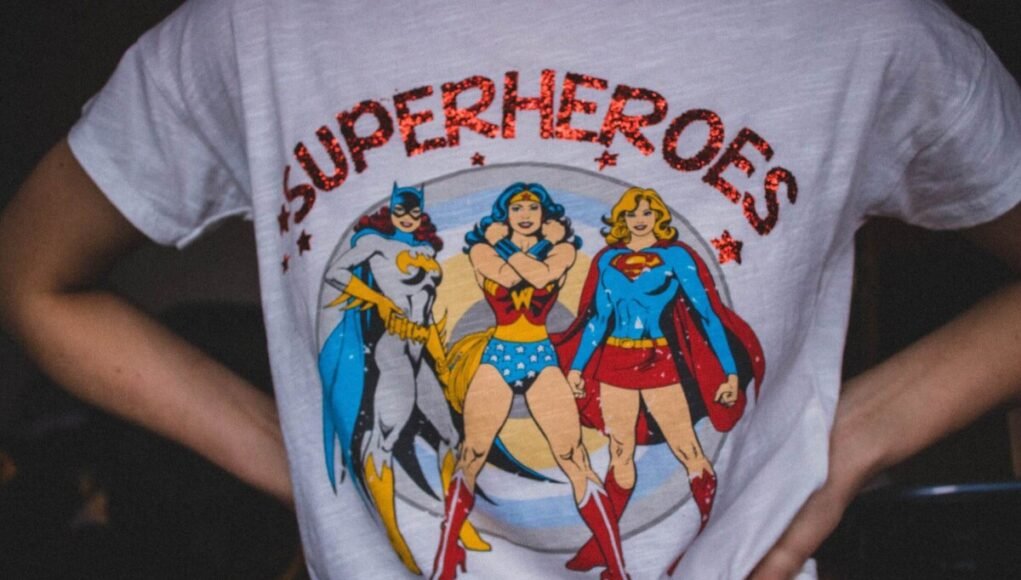The Marvel Cinematic Universe (MCU) has become a dominant force in popular culture, spearheading the rise of the superhero genre in film and profoundly shaping the entertainment landscape. With over 20 films and counting, the MCU has garnered both commercial success and critical acclaim. However, behind the blockbuster spectacle lies a complex cinematic world rich for critical analysis. This article explores the evolution of the superhero genre, the diverse representation of superheroes in the MCU, and provides a deeper examination of the cultural impact of these superhero movies.
The Evolution of the Superhero Genre
The origins of the superhero archetype stretch back to early comic books starring characters like Superman and Batman. These pulp serials portrayed heroes with extraordinary abilities who fought for truth and justice. While initially dismissed as frivolous children's entertainment, superheroes have undergone major shifts in their depictions and storytelling style over the decades.
Early cinematic adaptations in the 1940s-60s focused on campy, light-hearted adventures. However, the release of Richard Donner's Superman in 1978 marked a shift towards serious, dramatic superhero narratives. Subsequent films like Tim Burton's Batman brought a darker edge to the archetypal hero.
The 21st century has seen superhero films cement their dominance in Hollywood. Advanced special effects have enabled thrilling, action-packed spectacles of heroism and destruction. At the same time, many films have strived for psychological depth in their protagonists, exploring complex moral dilemmas.
The Marvel Cinematic Universe (MCU) has profoundly shaped the contemporary era of superhero movies. By pioneering an interconnected cinematic universe with serial storytelling, the MCU has redefined the scope and ambition of the genre. Its unprecedented success has inspired other shared universes and expanded the possibilities for superhero storytelling.
Superhero Representation in Film: From Pulp to Pop Culture
In examining the trajectory of superhero movies, issues of representation cannot be overlooked. Superheroes have historically been depicted as white, male power fantasies – a reflection of their origins in comics aimed at adolescent boys. However, changing social attitudes have pushed the genre to diversify its onscreen heroes.
Early female superheroes like Wonder Woman were often hyper-sexualized one-dimensional figures. Contemporary films have worked to portray women heroes with more nuance and complexity. Black Widow in the MCU has evolved from a secondary femme fatale archetype to a central protagonist with her own moral awakening. Captain Marvel broke new ground as the MCU's first female-led film.
Likewise, superheroes of color have become more visible after decades of exclusion. Black Panther was a watershed moment as a big-budget superhero film centered on a predominantly Black cast and African culture. Shang-Chi introduced Marvel's first Asian lead, reflecting rising demands for Asian representation.
As the superhero genre has expanded, its representations of gender, race, and identity have gradually grown more diverse and multifaceted. This reflects the genre's shift from niche pulp fiction to a central pillar of mainstream pop culture.
Deconstructing the Superhero Mythos: A Critical Analysis of Superheroes
Beyond issues of representation, a closer analysis of the core themes and tropes of superhero narratives can reveal intriguing insights. The very notion of "heroism" is culturally constructed and context-dependent. Superheroes are often portrayed as morally uncomplicated, fighting clearly evil villains. However, a more nuanced deconstruction suggests most superhero conflicts involve complex ethical dilemmas without clear solutions.
For instance, Captain America: Civil War centered its drama around a political debate over superhero accountability. The Avengers find themselves torn between loyalty to each other and to the greater public good. Such stories prompt audiences to critically examine concepts like justice, governance, and moral responsibility.
The source of heroism itself also warrants scrutiny. Many origin stories involve scientific experiments, accidents, or serendipity conferring powers. However, some scholars argue true heroism arises from one's choices and character, not innate abilities. Superhero media can promote problematic power fantasies, but also inspire critical reflection on what defines a hero.
The Cultural Impact of the MCU: Beyond Blockbusters
On the surface, the Marvel Cinematic Universe (MCU) represents a hugely successful commercial juggernaut. However, the franchise's cultural influence extends far beyond box office receipts. The films have left an indelible mark on media, fashion, politics, and fan culture.
MCU films prominently feature pop music from contemporary artists in key moments, providing massive marketing exposure for musicians. Fashion brands have partnered with Marvel to offer designer clothing and accessories inspired by characters like Black Widow and Black Panther.
Politically, elected officials have referenced the MCU in speeches about policy issues. Memes using MCU imagery proliferate online as a form of social commentary. Clearly, the franchise resonates deeply in the public consciousness.
Meanwhile, the MCU has cultivated a vast, devoted fandom. Fans passionately debate film theories, speculate on future storylines, and produce their own creative works. Fan culture keeps interest alive between new film releases and strengthens audience engagement. This highlights how modern blockbusters foster participatory fan communities.
The Enduring Appeal of Superheroes
In conclusion, a thoughtful analysis of the cinematic superhero genre reveals the deeper cultural meanings encoded in these mass entertainments. While often dismissed as superficial crowd-pleasers, superhero films in fact reflect evolving social values on issues like diversity, ethics, and power.
The Marvel Cinematic Universe (MCU) has come to define the tone and scope of the modern superhero film. By exploring complex characters within an intricate fictional universe, the MCU has demonstrated the storytelling possibilities of the genre. Given superheroes' roots in myth and folklore, these modern myths look poised to remain culturally relevant for years to come. Their enduring popularity is a testament to the timeless appeal of heroism and wonder.































